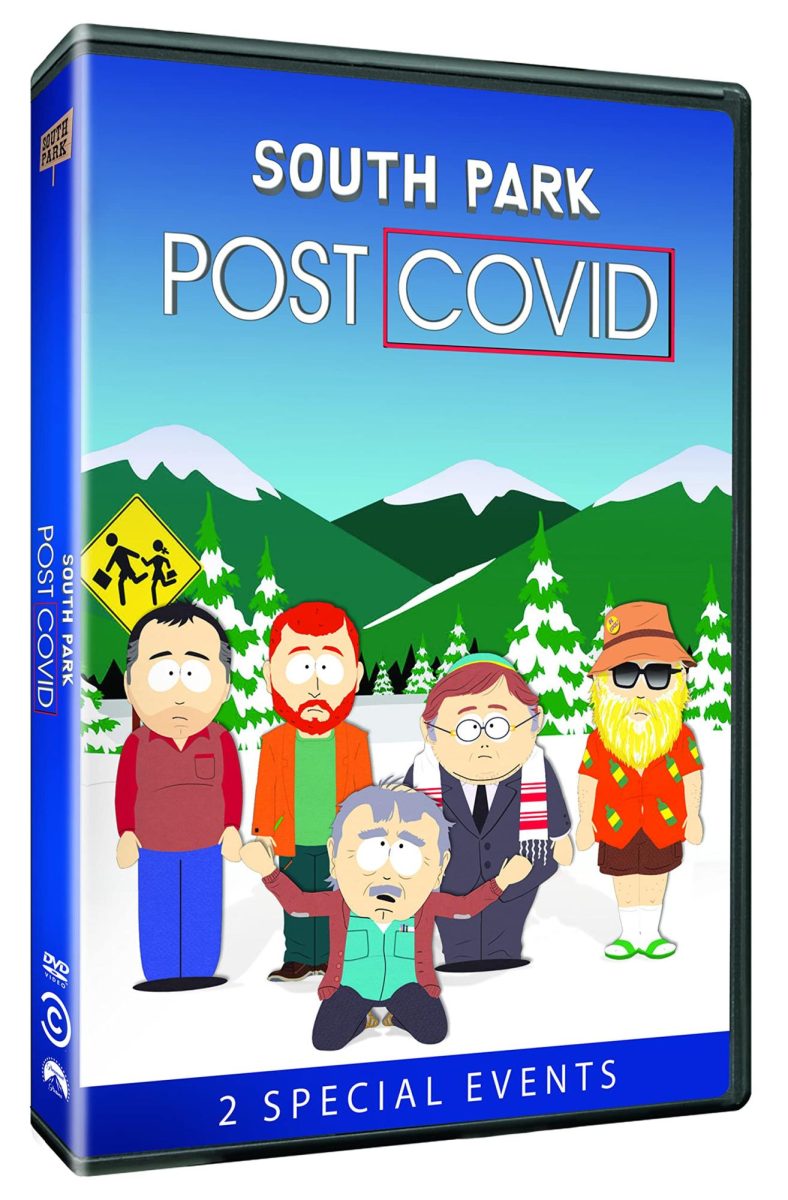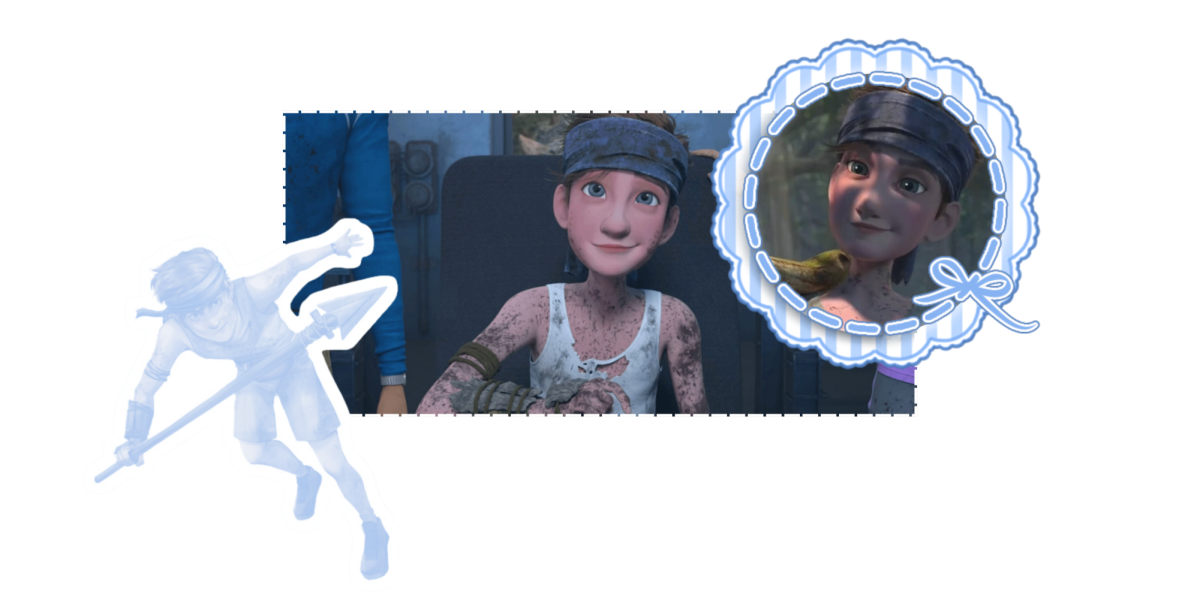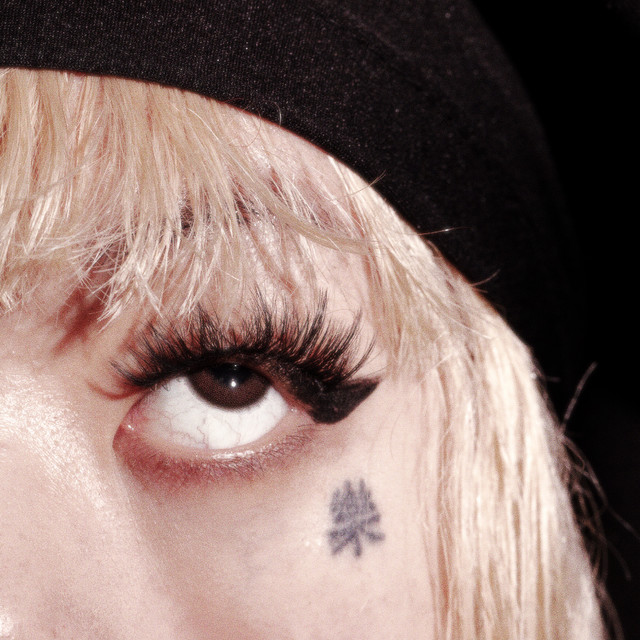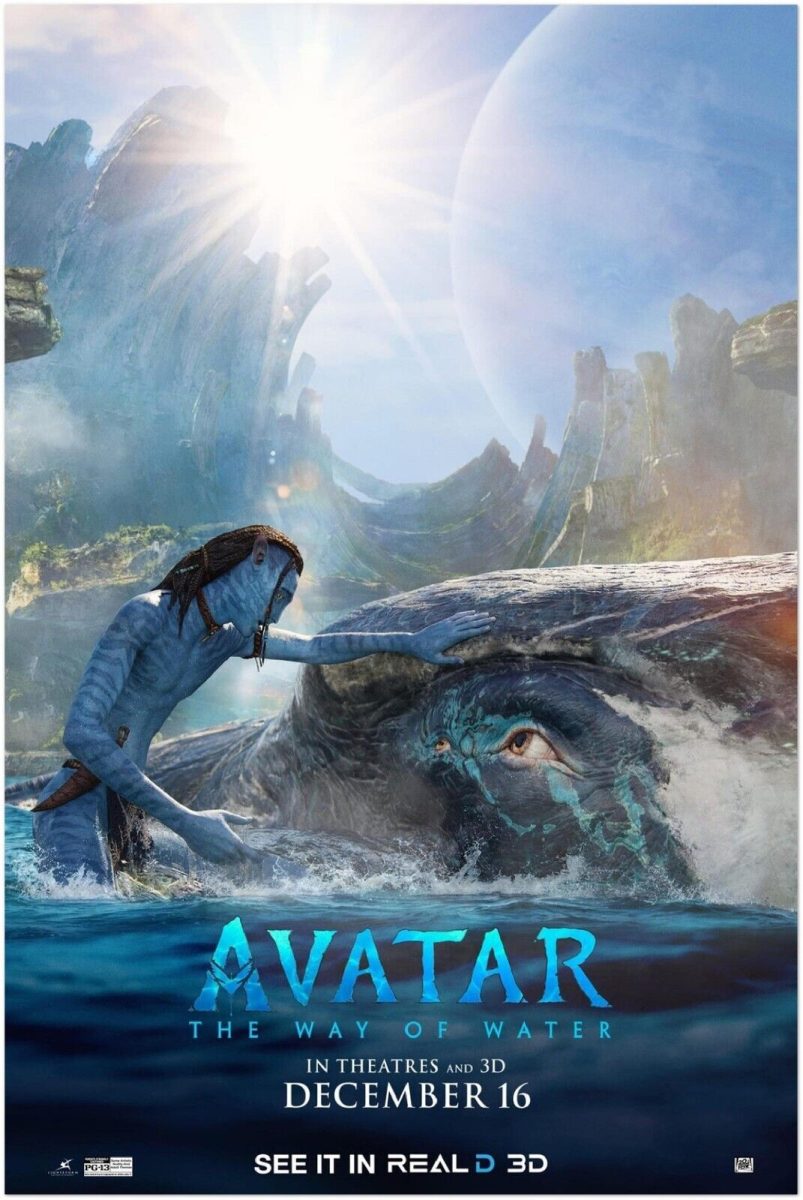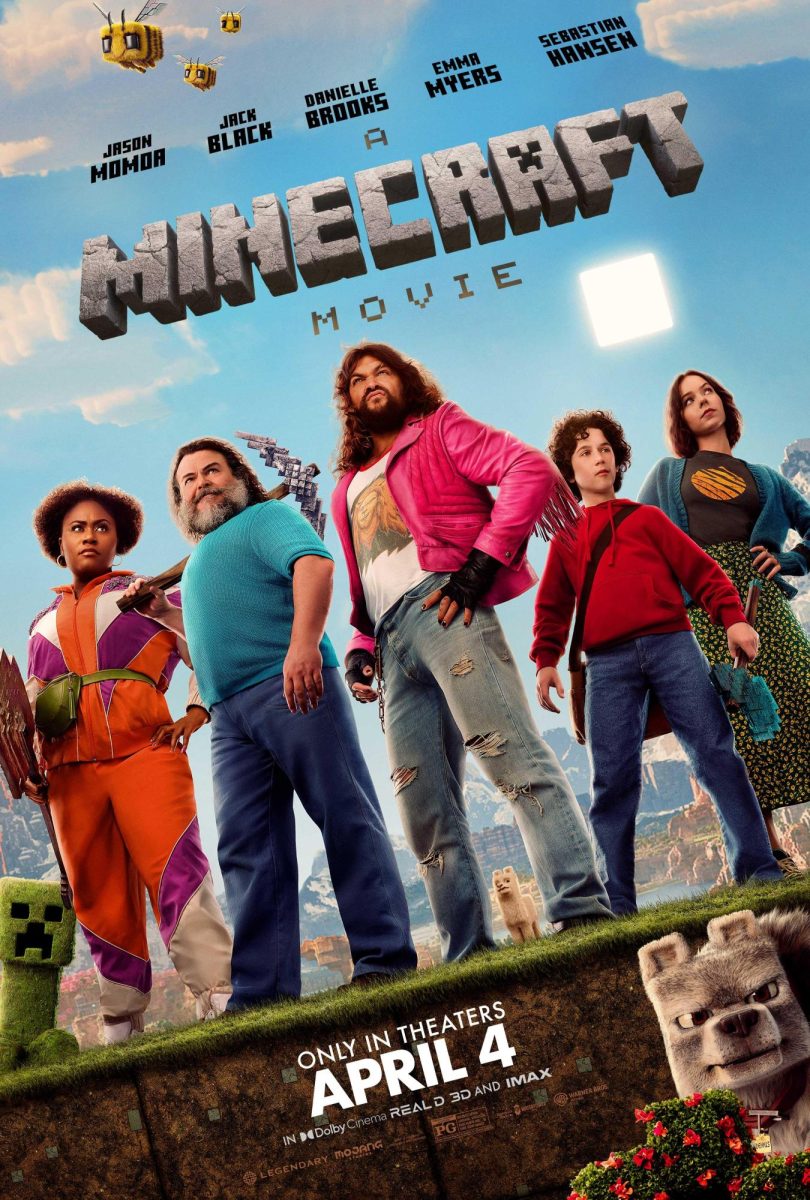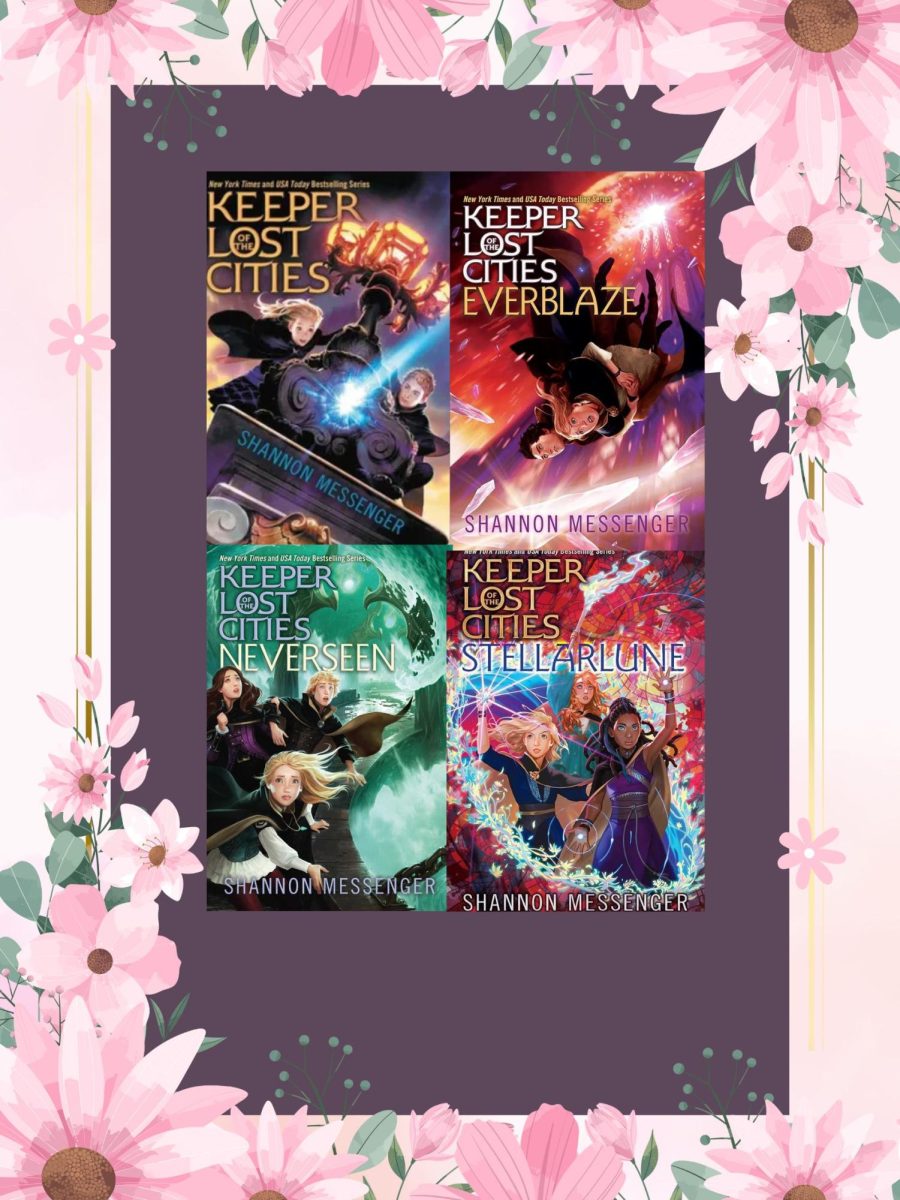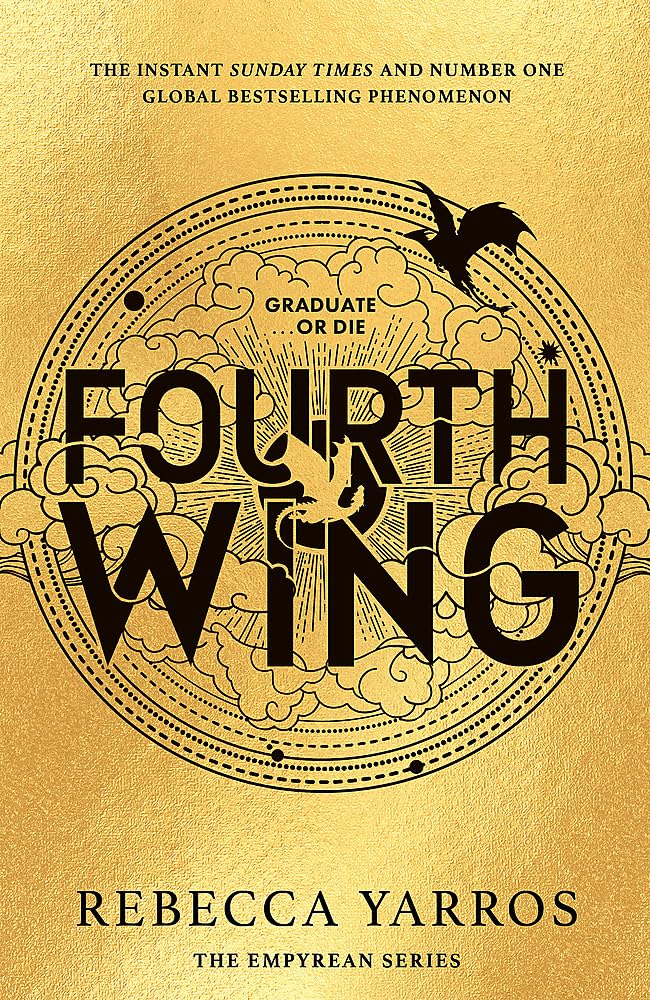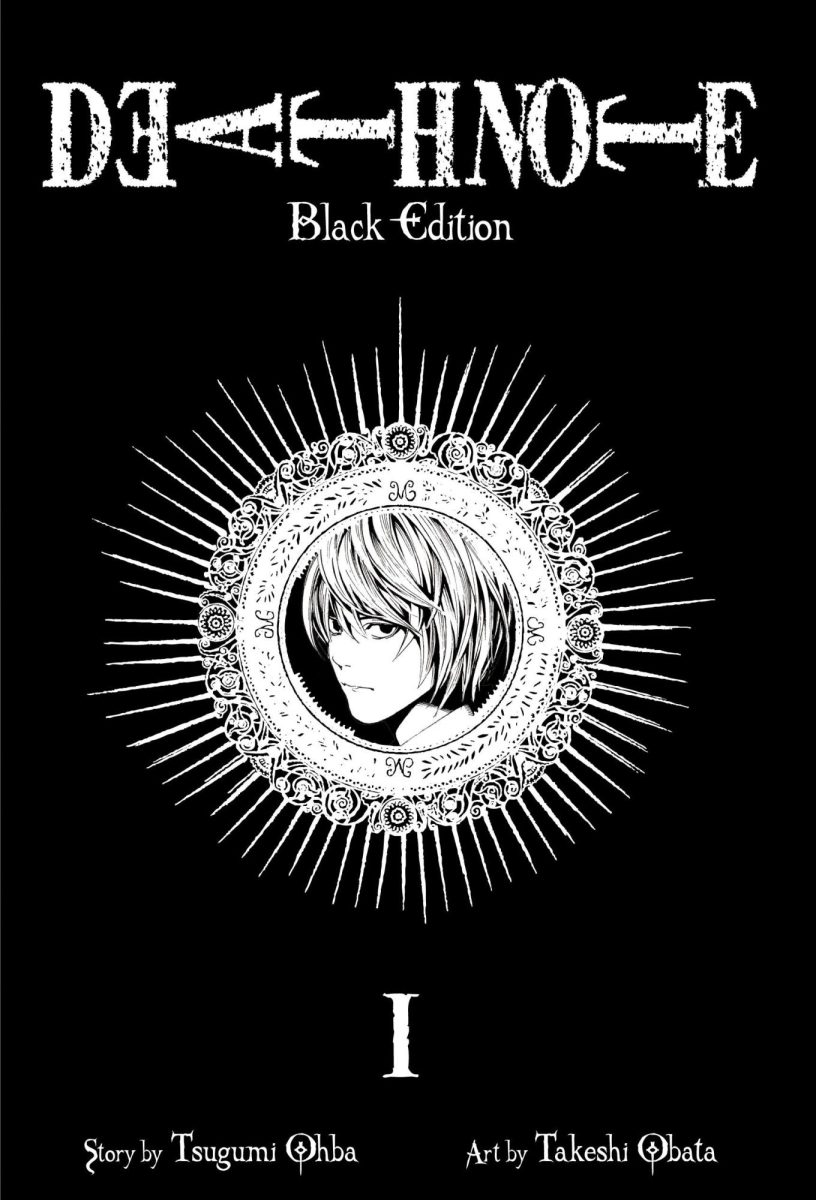Many Netflix users have probably encountered The Three Body Problem, a sci-fi show released in 2024. I was intrigued to discover that it was adapted from a book written by a greatly celebrated author on the Chinese science fiction scene and then translated into English.
The Three Body Problem (2006) by Cixin Liu and translated by Ken Liu, is the first book in the Remembrance of Earth’s Past series. It’s also one of the few translated books to win the Hugo award, considered the most prestigious literary award for science fiction.
The basic premise is that a talented physicist in China establishes contact with an alien civilization, which immediately starts planning to invade Earth and exterminate all humans. Chaos soon prevails among the different camps of panicking humans. Many individuals are working fervently to assist what they see as a superior civilization cleanse a corrupt and broken one, and world governments are scrambling to prepare for the Doomsday battle. Meanwhile, the scientific community struggles to cope with bizarre phenomenons that upend all known science.
It took exactly three sentences for me to be entirely lost. Despite the futuristic sounding blurb and sci-fi cover, the beginning of the book begins in the middle of the Chinese Cultural Revolution of 1966, an event probably covered early in Chinese history class, but I was missing lots of context. After I got a basic idea of what was going on, I eagerly looked forward to the part where the author brilliantly weaves this unique setting into a sci-fi novel unlike any other – except that never happened. Practically, the only link between this random historical flashback and the rest of the book is that one character’s dad died during the Cultural Revolution, which doesn’t noticeably affect the rest of the plot.
Throughout the novel, the author uses many metaphors and mentions people and events that are presumably also taught in Chinese middle school, but are meaningless to me. The footnotes by the translator are probably helpful in interpreting them – except that Sora infuriatingly omits them, leaving only the little footnote indicators that agonizingly tease us for not knowing who Chien-Shiung Wu is.
If you aren’t feeling sufficiently unknowledgeable yet, Chinese historical and cultural references aren’t the only thing that needs footnotes; the story is filled with numerous references to obscure physicians and astronomers. That, along with a multitude of flat characters and constantly shifting settings resulted in me skimming the pages to get to something I understood.
Overall, I would stick to the Netflix adaptation, unless you are determined to learn more about Chinese history and culture or are really into physics.
-30-



